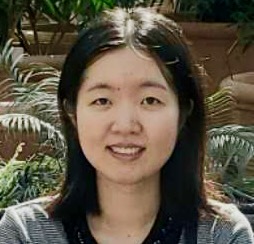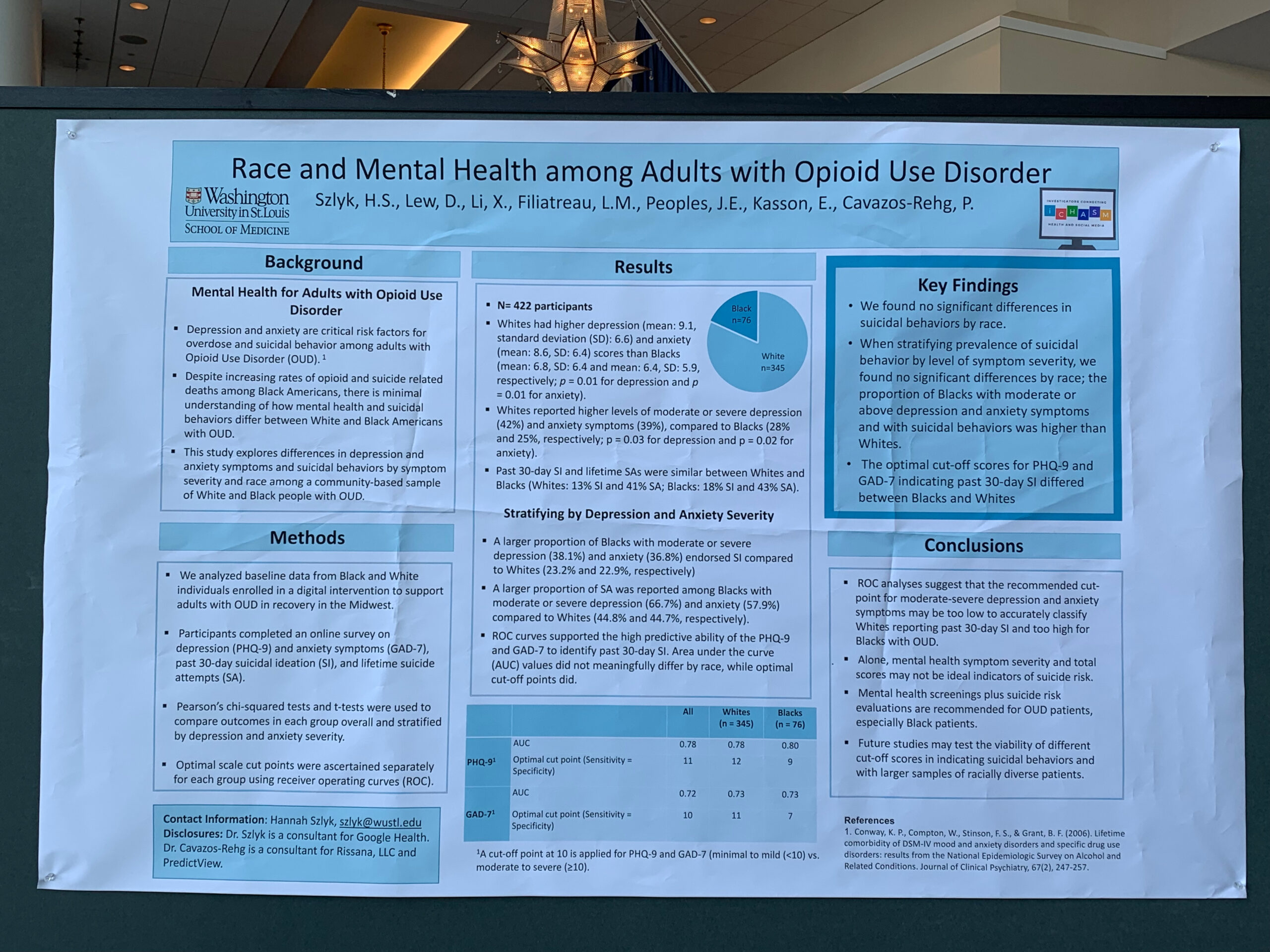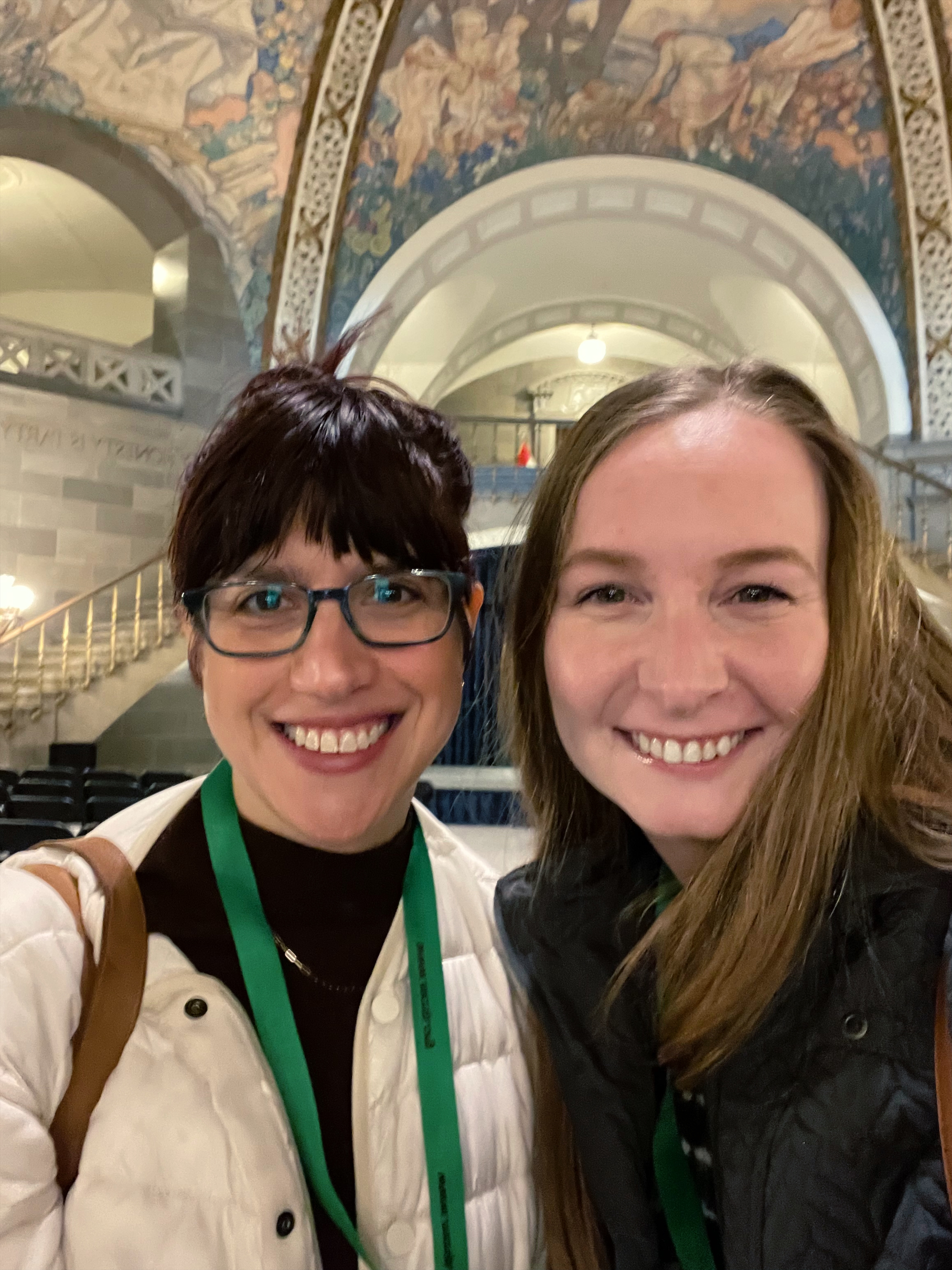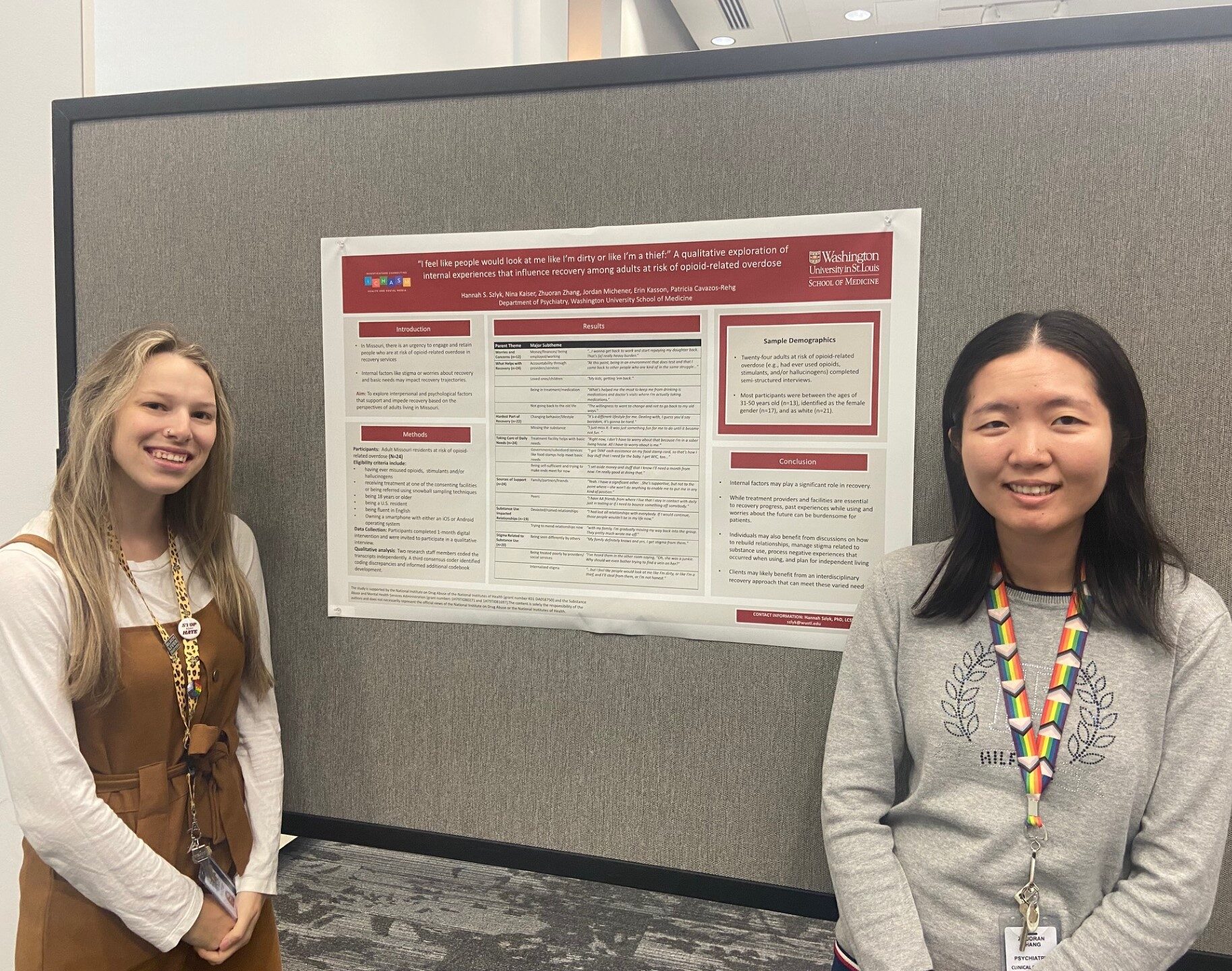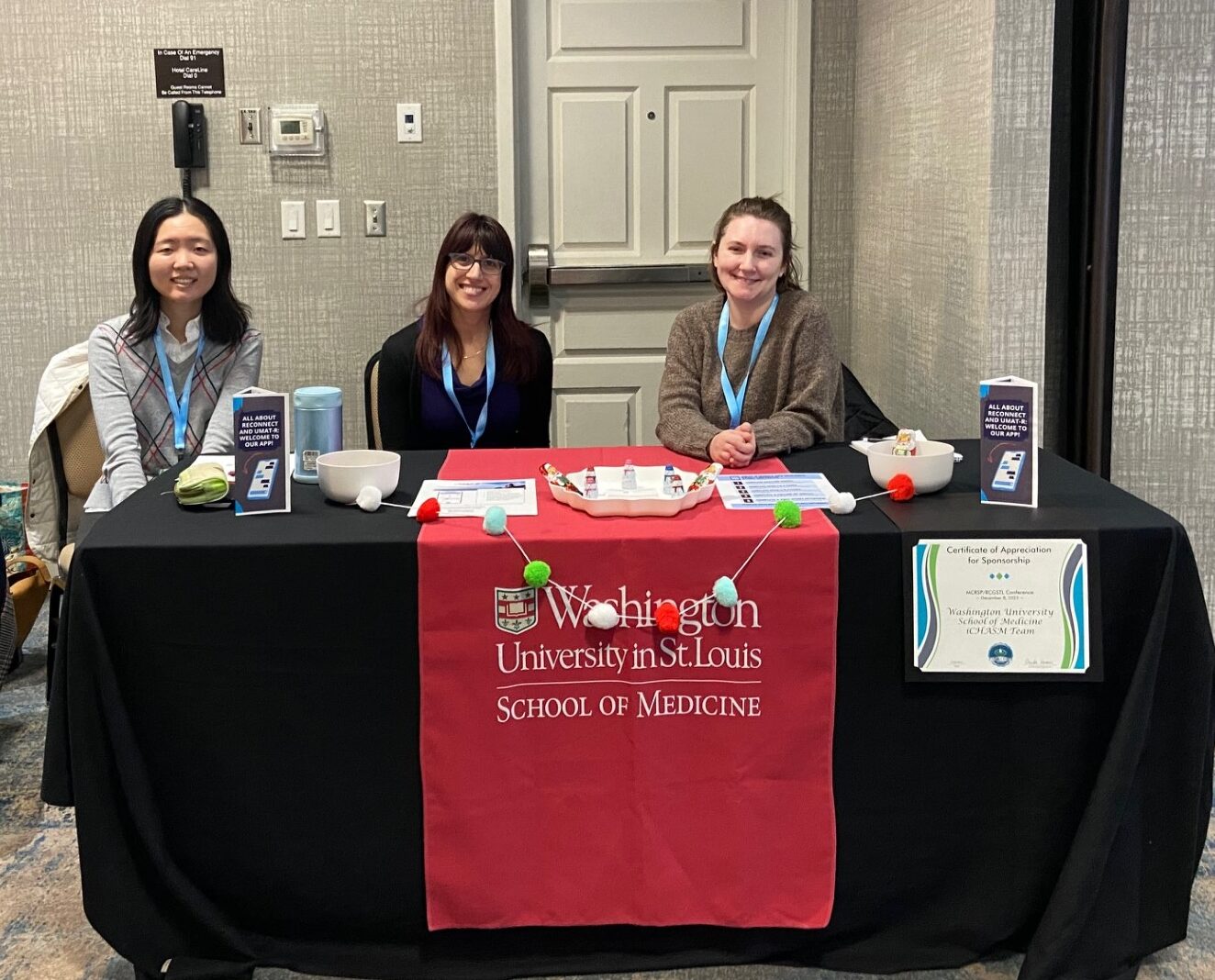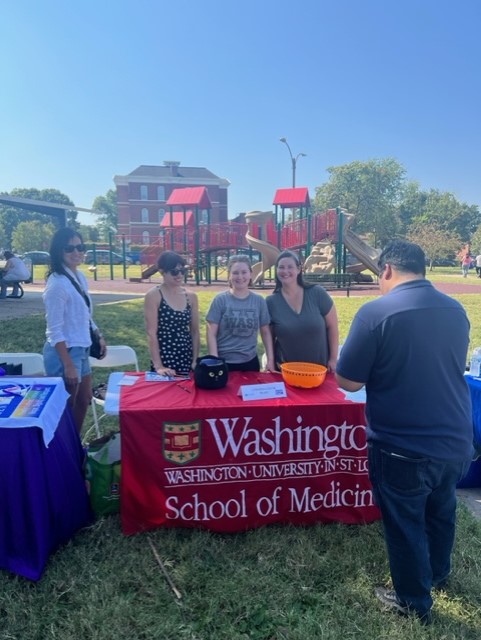
Current Research Areas of Interest
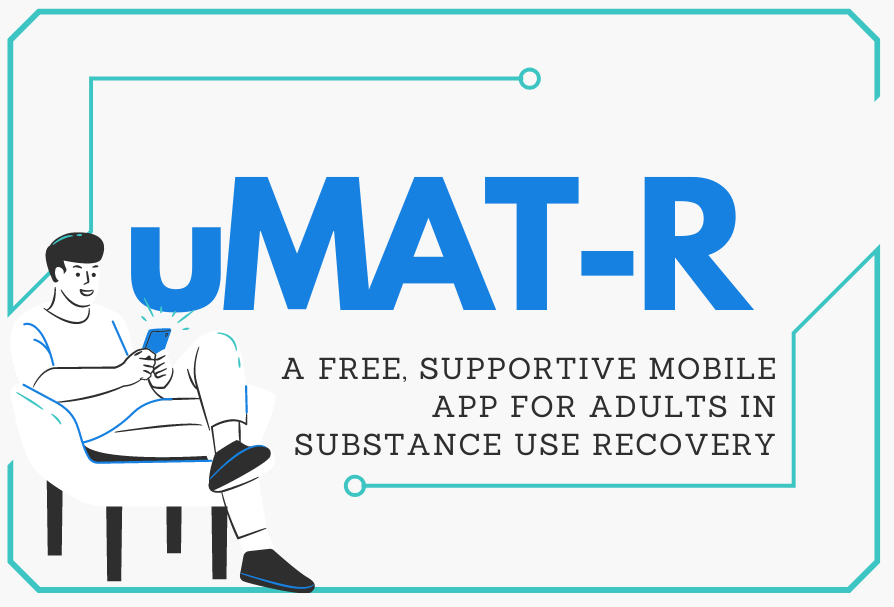
uMAT-R is a free, supportive mobile app for individuals in substance use recovery. The iCHASM team connects with individuals and recovery clinics across Missouri to deliver this digital intervention funded by SAMHSA and NIH. Clients can choose to take part in a research portion of the study to share their feedback on uMAT-R to helps us continue improving the mobile app. We also offer a version of the app tailored to support pregnant and postpartum women and people in recovery.

Concerns about social media platform engagement and associations with mental health risk continue to increase, particularly among youth and young adults and those from minoritized groups. We are exploring innovative ways to utilize social media in mental health promotion and prevention initiatives. Recent and current studies include outreach and digital interventions for eating disorders, depression, alcohol use and vaping among youth and young adults on social media.
Our Team
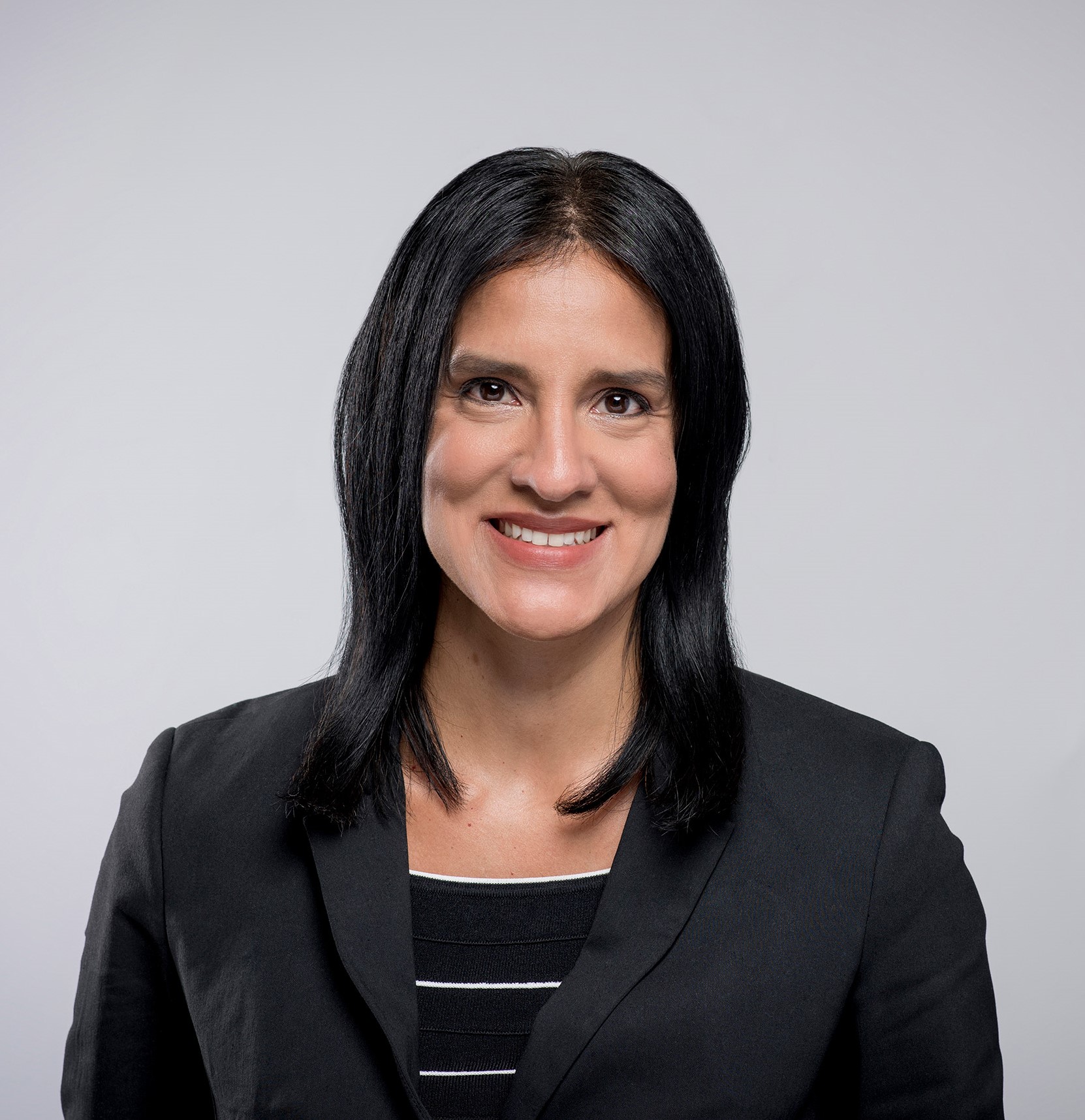
Patricia Cavazos-Rehg, PhD
Professor of Psychiatry, Principle Investigator
Dr. Patricia Cavazos-Rehg is the principal investigator (PI) of iCHASM. She is a clinically-trained licensed psychologist who has been involved in biomedical research for over 10 years. After receiving her Ph.D. in Psychology from SUNY at Buffalo in 2004, she moved to Washington University School of Medicine (WUSM) in St. Louis, MO to begin her research career, focusing on understanding how policy and social media shape health risk behaviors of young people. In addition to her research, she is also a dedicated Professor and was voted “Course Master of the Year” by students enrolled in the Master of Science in Applied Health Behavior Research program at WUSM. Dr. Cavazos-Rehg is also the Chair of Diversity, Equity, and Inclusion for the Psychiatry Department at WUSM.

Hannah Szlyk, PhD, LCSW
Assistant Professor, Department of Psychiatry
Dr. Hannah S. Szlyk, PhD is a doctoral-level licensed clinical social worker (LCSW) with training in suicidology among underserved and minoritized populations and in qualitative and mixed methods study design and analyses. Her current work extends this research program to include mHealth interventions for SUD (e.g., opioid use disorder (OUD), alcohol, cannabis, and vaping) among adolescents and adults, and special populations, like pregnant and postpartum women and people. She is especially interested in understanding how mHealth tools can be used to amplify health equity. She holds graduate degrees in social work from Columbia University (MSSW) and the University of Texas at Austin (PhD) and received additional training at The Menninger Clinic and the Brown School (as a NIMH T32 postdoctoral fellow).
Xiao Li, MS
Sr Statistical Data Analyst
 Ms. Li completed her Master’s degree in Health Data Science and is pursuing her PhD in epidemiology at St. Louis University. She has experience with data mining of national databases and integrating machine learning algorithms into applications. Ms. Li has extensive experience with performing survival analysis, longitudinal analysis, and modeling of large population-based studies.
Ms. Li completed her Master’s degree in Health Data Science and is pursuing her PhD in epidemiology at St. Louis University. She has experience with data mining of national databases and integrating machine learning algorithms into applications. Ms. Li has extensive experience with performing survival analysis, longitudinal analysis, and modeling of large population-based studies.
Erin Kasson, MS, MSW
Sr Clinical Research Coordinator
 Ms. Kasson completed her undergraduate degree in psychology from Washington University in St. Louis. She is a Board Certified Behavior Analyst, with both Master’s of Science and Master’s of Social Work degrees from Saint Louis University. She has previous experience working with and conducting research among several clinical populations, with particular interest in anxiety, depression, and treatment of co-occurring disorders.
Ms. Kasson completed her undergraduate degree in psychology from Washington University in St. Louis. She is a Board Certified Behavior Analyst, with both Master’s of Science and Master’s of Social Work degrees from Saint Louis University. She has previous experience working with and conducting research among several clinical populations, with particular interest in anxiety, depression, and treatment of co-occurring disorders.
Layna Paraboschi, BA
Clinical Research Study Assistant II
 Ms. Paraboschi received her B.A. in Psychology from Washington University in St. Louis. She has previous experience assisting with global health informatics research as well as with digital interventions for eating disorders and other mental health conditions. Her research interests lie in digital interventions, eating disorders/disordered eating, depression, and anxiety in adolescent and young adult populations
Ms. Paraboschi received her B.A. in Psychology from Washington University in St. Louis. She has previous experience assisting with global health informatics research as well as with digital interventions for eating disorders and other mental health conditions. Her research interests lie in digital interventions, eating disorders/disordered eating, depression, and anxiety in adolescent and young adult populations
Jordan Michener, MS
Professional Rater II
 Jordan received her B.S. in Psychology, along with a Forensic Child Psychology Certificate, and a minor in Child and Family Development from Missouri State University in Springfield. Upon graduating, she worked at a behavioral health hospital, serving the early childhood, adolescent, and teenage populations suffering from mental illnesses, histories of abuse, and other traumatic experiences. She completed her M.S. in Applied Health Behavior Research at Washington University School of Medicine. Her research interests lie in early childhood, adolescent, and young adult mental, behavioral, and developmental disorders, anxiety in adolescent and young adult populations, and digital interventions employed as therapeutic measures for addressing behavioral health conditions.
Jordan received her B.S. in Psychology, along with a Forensic Child Psychology Certificate, and a minor in Child and Family Development from Missouri State University in Springfield. Upon graduating, she worked at a behavioral health hospital, serving the early childhood, adolescent, and teenage populations suffering from mental illnesses, histories of abuse, and other traumatic experiences. She completed her M.S. in Applied Health Behavior Research at Washington University School of Medicine. Her research interests lie in early childhood, adolescent, and young adult mental, behavioral, and developmental disorders, anxiety in adolescent and young adult populations, and digital interventions employed as therapeutic measures for addressing behavioral health conditions.
Anna Constantino-Pettit, PhD, LCSW
Postdoctoral Research Scholar
 Dr. Anna Constantino-Pettit is a social work researcher whose work is dedicated to improving access to perinatal health and mental health care in order to disrupt intergenerational cycles of trauma and psychopathology. Anna is principally focused on alleviating aspects of perinatal mental health- specifically, mood dysregulation, suicidality, and drug use- that are significantly affected by social determinants of health, and that impact both caregiver and infant. Anna is a clinical social worker with expertise in dialectical behavioral therapy (DBT) and prologned exposure therapy (PE), and hopes to lead research that will make these types of evidence-based interventions for posttraumatic stress disorder and pervasive emotional dysregulation more accessible to perinatal populations.
Dr. Anna Constantino-Pettit is a social work researcher whose work is dedicated to improving access to perinatal health and mental health care in order to disrupt intergenerational cycles of trauma and psychopathology. Anna is principally focused on alleviating aspects of perinatal mental health- specifically, mood dysregulation, suicidality, and drug use- that are significantly affected by social determinants of health, and that impact both caregiver and infant. Anna is a clinical social worker with expertise in dialectical behavioral therapy (DBT) and prologned exposure therapy (PE), and hopes to lead research that will make these types of evidence-based interventions for posttraumatic stress disorder and pervasive emotional dysregulation more accessible to perinatal populations.
Zhuoran Zhang, MA
Clinical Research Coordinator II
Ms. Zhang received her BA in psychology from University of Rochester and her MA in experimental psychology with an emphasis on cognitive psychology from Indiana State University. She has previous experience conducting research and working with adolescents and children with behavioral and mental disorders. Her research interests include interventions and treatments for substance use, depression, and anxiety in adolescents and young adults.
Elecia Worley, MSW
Clinical Research Coordinator I
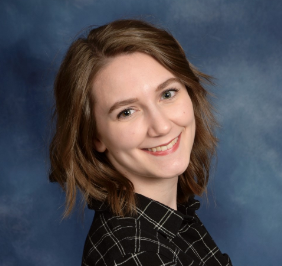 Elecia received her undergraduate degree in Social Work from Fontbonne University and obtained her Masters of Social Work through a Clinical Mental Health track with a specialization in Sexual Health and Sex Education from the Brown School at Washington University in St. Louis. Her primary interests are in sexual health research, education, and promotion and she has previous experience working in various crisis intervention, case management, and research development roles.
Elecia received her undergraduate degree in Social Work from Fontbonne University and obtained her Masters of Social Work through a Clinical Mental Health track with a specialization in Sexual Health and Sex Education from the Brown School at Washington University in St. Louis. Her primary interests are in sexual health research, education, and promotion and she has previous experience working in various crisis intervention, case management, and research development roles.
Lucy Meigs, BA
Clinical Research Study Assistant II
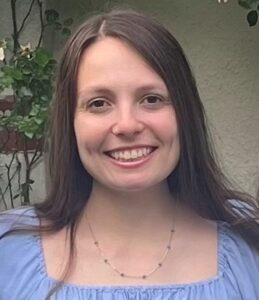 Ms. Lucy Meigs received her B.A. in Biology from Washington University in St. Louis, where she completed a minor in Swahili and mental health. Her previous research focused on how Swahili is used to discuss mental health, developing mental health resources in Swahili, and assisting in the development of a linguistic map of Nairobi, Kenya. Her research interests include increasing accessibility and efficacy of mental health interventions for diverse populations through increased linguistic and cultural interpretation and digital interventions, as well as mental health education among young adult populations.
Ms. Lucy Meigs received her B.A. in Biology from Washington University in St. Louis, where she completed a minor in Swahili and mental health. Her previous research focused on how Swahili is used to discuss mental health, developing mental health resources in Swahili, and assisting in the development of a linguistic map of Nairobi, Kenya. Her research interests include increasing accessibility and efficacy of mental health interventions for diverse populations through increased linguistic and cultural interpretation and digital interventions, as well as mental health education among young adult populations.
William Hutson, MPH
Professional Rater II
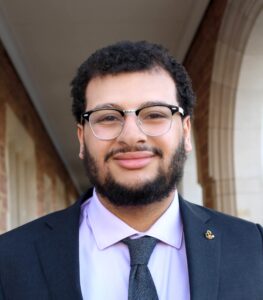 William (he/him) received his BA in Biology and MPH in Epidemiology and Biostatistics from Washington University in St. Louis. He has experience in psychiatric and environmental epidemiology research. Currently, he is applying to MD and MD-PhD programs in Epidemiology. Outside of the iCHASM lab, he researches the spatial distribution of overdose in St. Louis. His research interests include substance use treatment and prevention, social determinants of mental health, and racial and ethnic disparities in mental health.
William (he/him) received his BA in Biology and MPH in Epidemiology and Biostatistics from Washington University in St. Louis. He has experience in psychiatric and environmental epidemiology research. Currently, he is applying to MD and MD-PhD programs in Epidemiology. Outside of the iCHASM lab, he researches the spatial distribution of overdose in St. Louis. His research interests include substance use treatment and prevention, social determinants of mental health, and racial and ethnic disparities in mental health.
JaNiene Peoples, MS, CHES
Graduate Research Fellow
Ms.  JaNiene Peoples is pursuing her PhD in Social Work at Washington University in St. Louis/Brown School. She is also a National Institute on Drug Abuse T32 Predoctoral Fellow. Her research addresses mental health and substance use disparities among racial and ethnic minorities. In particular, she studies risk and protective factors influencing mental health, substance use, and their co-occurrence among Black adolescents and emerging adults (ages 18-29). As a certified health education specialist and executive functioning coach, JaNiene has years of experience providing 1:1 strengths-based support to emerging adults, college students, and underserved populations, including the delivery of individual-level psychosocial interventions for mental health and substance misuse.
JaNiene Peoples is pursuing her PhD in Social Work at Washington University in St. Louis/Brown School. She is also a National Institute on Drug Abuse T32 Predoctoral Fellow. Her research addresses mental health and substance use disparities among racial and ethnic minorities. In particular, she studies risk and protective factors influencing mental health, substance use, and their co-occurrence among Black adolescents and emerging adults (ages 18-29). As a certified health education specialist and executive functioning coach, JaNiene has years of experience providing 1:1 strengths-based support to emerging adults, college students, and underserved populations, including the delivery of individual-level psychosocial interventions for mental health and substance misuse.
Recent Findings
Attitudes toward medication for opioid use disorder among pregnant and postpartum women and people seeking treatment.
In this study we learned about pregnant and postpartum women and people’s attitudes towards using medication for opioid use disorder (MOUD).
Principle component regression analysis of familial psychiatric history and suicide risk factors among adults with opioid use disorder.
We found that current suicide risk is associated with my familial psychiatric issues in people with OUD. Family history of suicide attempts and death by suicide has less of an impact on current suicide risk while family history of substance use has a greater impact on risk.
Exploring social media recruitment strategies and preliminary acceptability of an mHealth tool for teens with eating disorders.
We leveraged social media to connect with teens with EDs to pilot an mHealth tool. We found that using social media to recruit teens with EDs is feasible and may allow us to connect with groups who are more difficult to reach.
How do teens with a history of suicidal behavior and self-harm interact with social media?
We surveyed teens with depression, past suicidal ideation, and/or past non-suicidal self-injury about experiences with and perceived advantages and disadvantages of engaging with depression content on social media.
